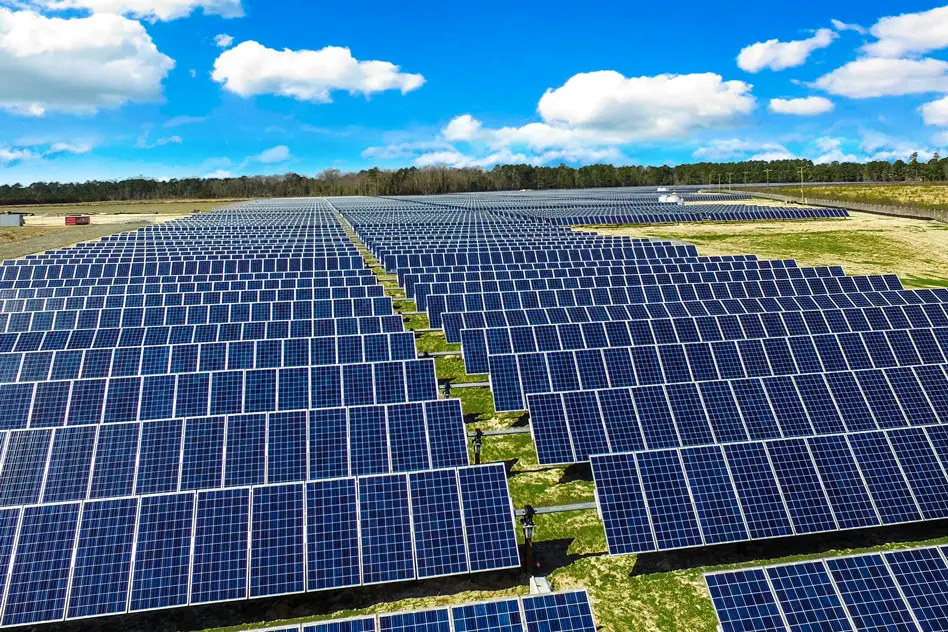University of Pittsburgh and Lendlease have announced a 20-year power purchase agreement (PPA) for the 20MW Gaucho Solar project. Pitt will purchase all of the 33,000 MWh of annual energy production from the solar project to be located on 70 acres in the Independence and Findlay Townships of Beaver and Allegheny Counties in Pennsylvania, adjacent to electric utility Duquesne Light Company’s Clinton substation.
University of Pittsburgh’s sustainability goals
The agreement for Gaucho Solar project will advance the University’s sustainability goals, including its commitment to be a carbon neutral campus by 2037, by supplying approximately 13% of the Pittsburgh campus’ annual electricity usage. Lendlease also has agreed to install pollinator-friendly landscaping at the site, in line with Pitt’s Sustainable Landscape Design Guidelines. Subject to project approvals, the solar installation will begin operations in mid-2022 and the site will become one of the largest solar projects in Western Pennsylvania.
Combining this PPA for clean solar power with Pitt’s plan to purchase hydropower from a plant
to be built along the Allegheny River, it is anticipated that at least 38% of the University’s
electricity will come from local, renewable sources by 2023.
Also Read: Enso Energy to construct 1 GW solar plants & storage pipeline across the UK
According to Dr. Aurora Sharrard, the University’s Director of Sustainability, the university is excited to partner with Lendlease to advance the University of Pittsburgh’s carbon
reduction goals. “The University has committed to a carbon neutral Pittsburgh campus by 2037, our 250th anniversary. This dovetails with the Pitt Sustainability Plan goal to halve greenhouse gas emissions between 2008 and 2030, while sourcing 50 percent of campus electricity from renewables by 2030,” she said.
She further added that solar power is not only clean energy, but it’s cost effective as well — and expected to help reduce the University’s utility costs long-term. At the same time, renewable power benefits the entire community by eliminating local pollutants from electricity generation that harm the region’s air quality.
Electricity generation accounts for about half of the University’s greenhouse gas emissions,
so a commitment to local, renewable solar power is an important part of Pitt’s ongoing
sustainability progress.

Leave a Reply